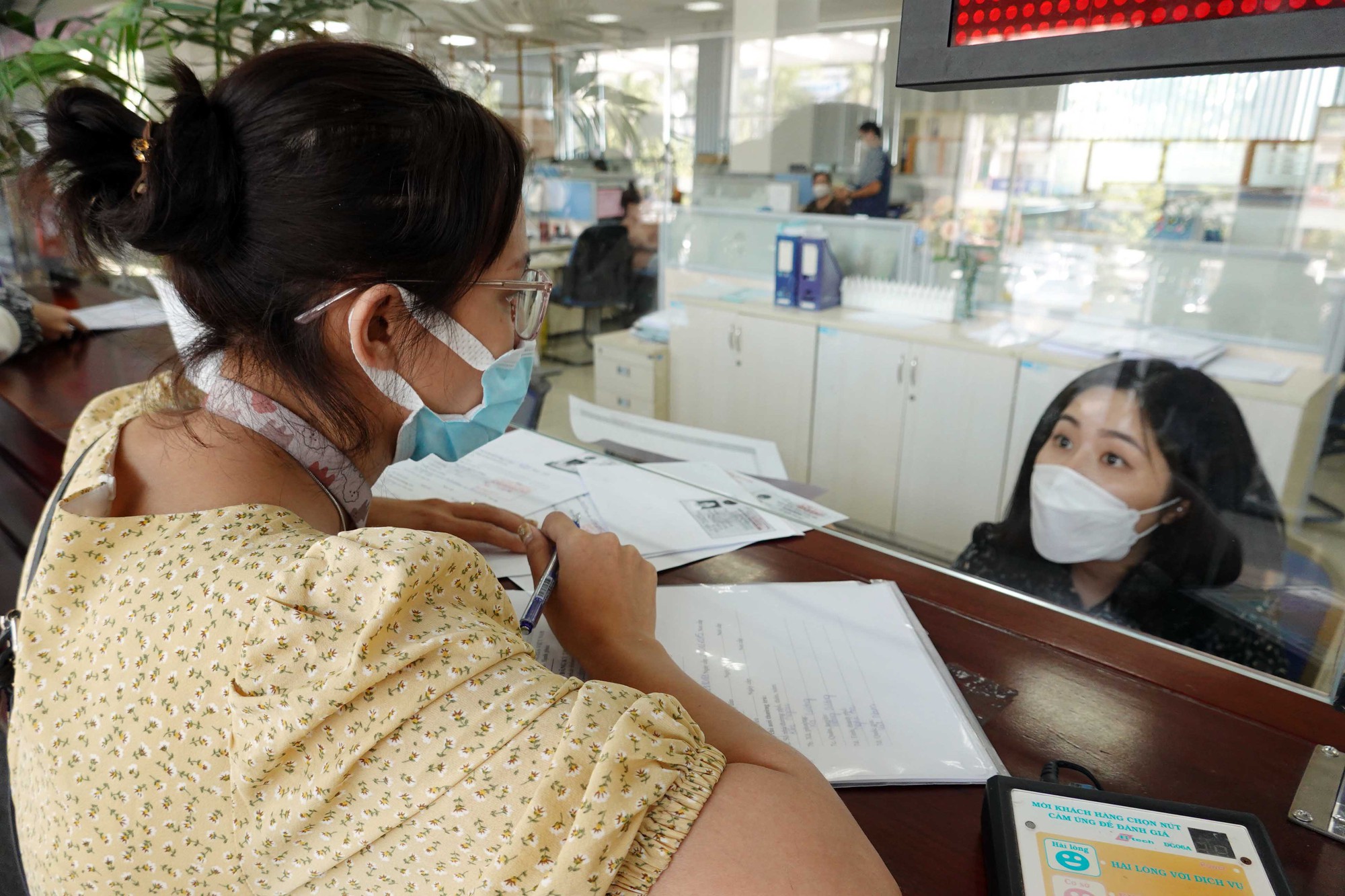Proposal up to 200 - 300 million VND
According to current regulations, individuals and business households with revenue of 100 million VND/year or more will pay tax. With this revenue, a person selling beef noodle soup on the sidewalk in Ho Chi Minh City at 35,000 VND/bowl, selling 12 bowls or more per day, has to pay tax. Therefore, for many years now, the taxable revenue for business households from 100 million VND/year has been considered low.
In the draft VAT law, this level is proposed to increase to 150 million VND/year. In the summary table of opinions of ministries, branches and localities on the draft VAT law, the Government Inspectorate proposed to review the revenue level of households and individuals doing business that are not subject to tax. Meanwhile, Quang Ngai proposed to exempt VAT for households and individuals doing business with revenue under 300 million VND/year. Meanwhile, Trong Tin Accounting and Tax Consulting Company Limited proposed to raise the threshold of tax-exempt revenue from 150 million VND to 180 million VND or should regulate it openly and assign it to the Government to regulate to ensure flexibility and close adherence to reality.
The Vietnam Tax Consulting Association also proposed to increase the threshold of non-VAT revenue to VND200 million to comply with the Law on Personal Income Tax and the poverty line in Decree 07/2021/ND-CP. According to Decree 07/2021/ND-CP, Vietnam's poverty line for the period 2022-2025 in rural areas is VND1.5 million/person/month (VND18 million/year) and VND2 million/person/month (VND24 million/year) in urban areas.

Proposal to increase taxable revenue for individuals and business households
In particular, the Ho Chi Minh City Tax Department proposed that the revenue from sales of goods and services not subject to VAT of business households and individuals should not be determined at a fixed value but should be determined in accordance with the family deduction level for the individual and one dependent to comply with the family deduction regulations under the Personal Income Tax Law.
The Ministry of Finance has recently compiled comments and provided some explanations. Specifically, the drafting committee believes that the proposed level of 150 million VND is based on the inflation index and the actual situation. If based on the inflation index, the taxable revenue threshold is only about 130 million VND. However, to support individual business households, the Ministry of Finance has proposed raising it to 150 million VND. Raising the tax reduction for business households to 200-300 million VND will affect the state budget revenue in the locality, especially in localities with low revenue. In addition, this regulation will not encourage business households and individuals to switch to enterprises (enterprises must pay VAT when generating revenue). Therefore, the drafting committee maintains the view that the revenue level is 150 million VND.
Beware of being outdated.
Lawyer Tran Xoa - Director of Minh Dang Quang Law Firm said that the level of 150 million VND/year in revenue to calculate tax for business households proposed at this time is outdated, not to mention the application in 2025. According to Mr. Tran Xoa's analysis, the current personal income tax deducts 11 million VND/month for the taxpayer, 4.4 million VND/month for dependents. If calculating a business household with 2 people, of which 1 is a taxpayer and 1 is a dependent, then from 184.8 million VND/year must pay tax. In the case of a business household with many taxpayers, calculating 2 taxpayers, it must be up to 264 million VND/year.
Recently, Prime Minister Pham Minh Chinh requested to increase the family deduction for taxpayers, so when the family deduction is increased, the figure of 150 million VND/year for business households becomes even more outdated. Therefore, according to Mr. Tran Xoa's proposal, the taxable revenue for business households should be increased from 250 - 300 million VND/year, to avoid the case that when the law comes into effect, this regulation becomes outdated compared to reality.
In an official dispatch sent to the Ministry of Finance to comment on the draft VAT law, the Vietnam Confederation of Commerce and Industry (VCCI) said that raising the threshold for non-taxable revenue of households and business individuals from VND100 million/year to VND150 million/year is still relatively low. VCCI also made a comparison between salaried employees and business households to see the unreasonableness.
Currently, salaried individuals have a family deduction of VND132 million/year for those without dependents, VND184.8 million/year for those with one dependent, and VND237.6 million/year for those with two dependents. Assuming that on average each employee has one dependent, the taxable income threshold for salaried individuals is currently higher than the VAT taxable revenue threshold for business individuals. Not to mention, in order to have revenue, business individuals will have to incur input costs while personal income does not include these costs.
In addition, different sectors have different cost structures and tax rates, even though they may have the same revenue. For example, in the commodity trading sector (such as retail stores, grocery stores), input costs account for a large proportion of revenue, the income that individual businesses enjoy is not large and the tax collected is only 1.5 million VND per year. In the service sector, input costs are insignificant, the VAT generated is larger and the tax payable is higher, at least 7.5 million VND per year.
For these reasons, VCCI proposes that the taxable revenue threshold for households and individuals doing business should be from 180 to 200 million VND per year. At the same time, consider classifying by industry in terms of direct tax calculation methods, for example, the distribution and supply of goods industry has a higher threshold than the service and construction industries, etc.
Source link



























![[Photo] National Assembly Chairman attends the seminar "Building and operating an international financial center and recommendations for Vietnam"](https://vphoto.vietnam.vn/thumb/1200x675/vietnam/resource/IMAGE/2025/7/28/76393436936e457db31ec84433289f72)








































































Comment (0)